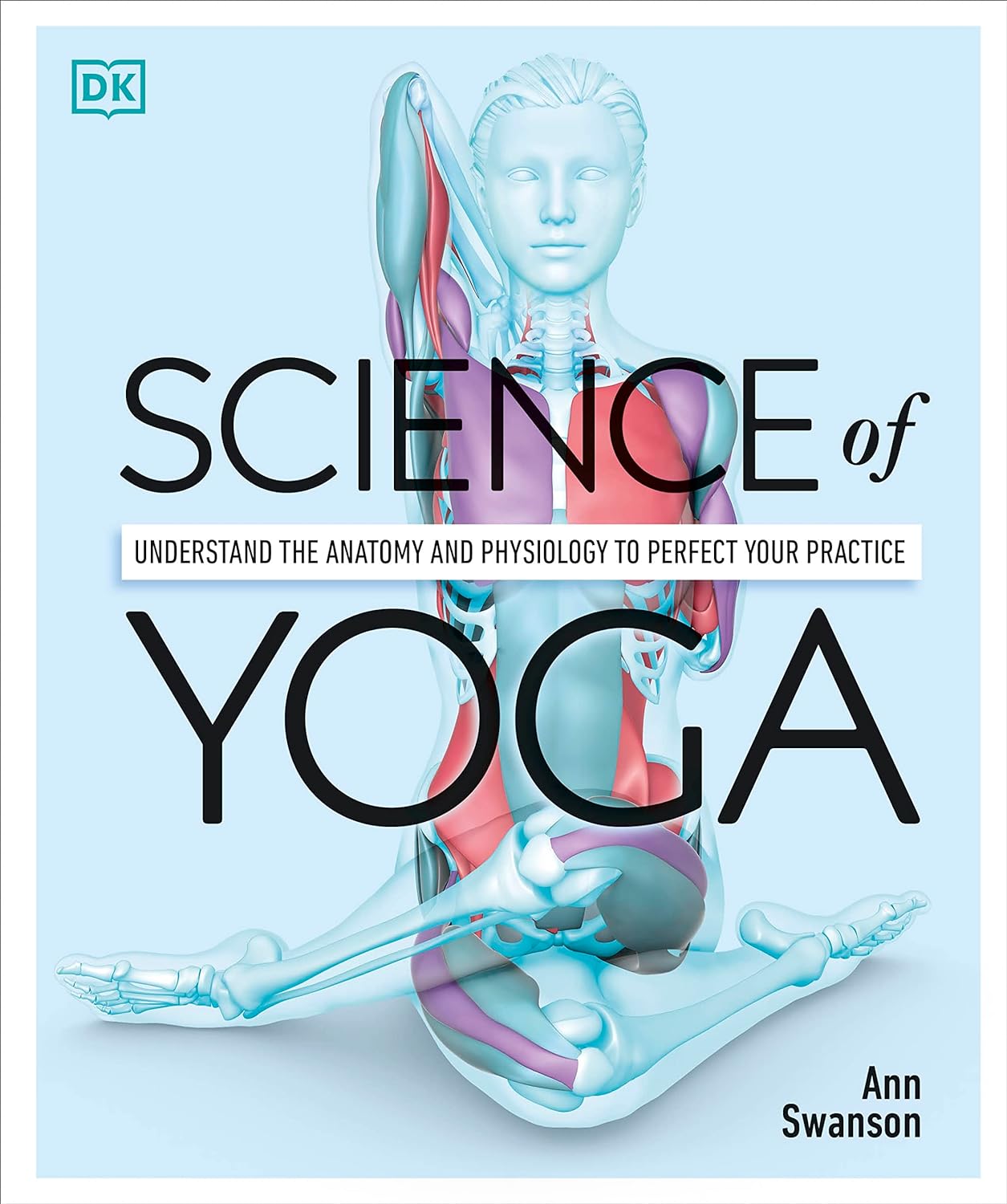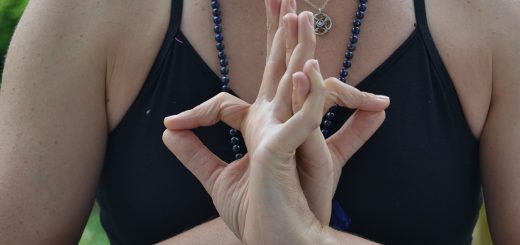Yoga 101: Understanding Yoga Poses And Names

Hey there, amazing readers! 🖐️ Just a quick note: yes, we know there are a lot of ads here. Trust us, we get it—it’s not the prettiest look, but they help us keep this blog alive and kicking. Those pesky little ads cover the costs of all the behind-the-scenes magic, from hosting and tech stuff to creating content we hope you’ll love.
We’re committed to delivering quality posts, and your support (even just sticking around despite the ads) means everything to us. So, bear with us, and thanks for helping us keep the good vibes rolling. Now, on to the fun stuff! 😉
TRANSLATE BUTTON AT THE END OF THE ARTICLE
A Quick Overview
Yoga is a practice that has been around for centuries, offering a myriad of physical, mental, and spiritual benefits.
One essential aspect of yoga is understanding the various poses and their names.
This knowledge not only helps practitioners navigate their practice but also ensures they are performing the poses correctly to reap the maximum benefits.
Whether you’re a beginner looking to start your yoga journey or an advanced practitioner seeking to deepen your practice, understanding yoga poses and names is key to unlocking the full potential of this ancient practice.
Introduction to Yoga Poses
Yoga poses, also known as asanas, are physical postures that are designed to promote strength, flexibility, and balance in the body.
Each pose has its own set of benefits, targeting different muscle groups and areas of the body.
Understanding how to properly perform these poses is crucial to prevent injury and get the most out of your practice.
As you progress in your yoga journey, you will encounter a wide range of poses, from basic to advanced, each offering unique challenges and rewards.
Basic Yoga Poses for Beginners
For beginners, starting with basic yoga poses is essential to build a strong foundation and develop proper alignment.
Some common beginner poses include:
Mountain Pose (Tadasana): This foundational pose teaches proper alignment and posture, helping to improve body awareness.
Downward-Facing Dog (Adho Mukha Svanasana): This pose stretches the entire body, promoting flexibility and strength in the arms and legs.
Child’s Pose (Balasana): A resting pose that helps to release tension in the back and shoulders while promoting relaxation.
Warrior I (Virabhadrasana I): This pose strengthens the legs and core while improving balance and focus.
Tree Pose (Vrksasana): A balancing pose that improves concentration and strengthens the muscles of the legs and core.
Understanding Yoga Names
Yoga poses are often named in Sanskrit, the ancient language of yoga.
Understanding the names of poses can provide insight into their meaning and intention.
For example, "Trikonasana" translates to Triangle Pose, reflecting the shape the body takes in this pose.
While learning the Sanskrit names may seem daunting at first, it can enhance your practice by deepening your understanding of the poses and their origins.
Importance of Proper Alignment
Proper alignment is essential in yoga to prevent injury and ensure that you are getting the full benefits of each pose.
Alignment refers to the correct positioning of the body parts in relation to each other and the space around you.
By focusing on alignment, you can avoid strain on the muscles and joints, allowing for a safe and effective practice.
Paying attention to alignment also helps to improve posture and body awareness both on and off the mat.
Benefits of Different Poses
Each yoga pose offers a unique set of benefits for the body, mind, and spirit.
Some poses focus on building strength, while others promote flexibility or balance.
By incorporating a variety of poses into your practice, you can target different areas of the body and work towards a more well-rounded practice.
Whether you’re looking to increase your flexibility, build strength, or find a sense of calm and relaxation, there is a yoga pose to suit your needs.
Common Yoga Poses Explained
Sun Salutation (Surya Namaskar): A sequence of poses that warm up the body and promote flexibility.
Cat-Cow Stretch (Marjaryasana-Bitilasana): This gentle flow helps to loosen the spine and improve mobility.
Bridge Pose (Setu Bandhasana): Strengthens the back and opens the chest and shoulders.
Corpse Pose (Savasana): A final relaxation pose that allows the body to rest and integrate the benefits of the practice.
Plank Pose (Phalakasana): Builds core strength and stability while toning the arms and legs.
Building a Solid Foundation
Building a solid foundation in yoga involves mastering the basic poses and understanding the fundamental principles of the practice.
By focusing on proper alignment, breath control, and mindful movement, you can establish a strong base from which to expand your practice.
Starting with beginner poses and gradually progressing to more advanced poses allows you to develop strength, flexibility, and awareness in a safe and sustainable way.
Connecting Breath and Movement
One of the key aspects of yoga is connecting breath and movement.
Breath awareness is an integral part of the practice, helping to calm the mind, increase focus, and energize the body.
By synchronizing your breath with each movement, you can deepen your practice and enhance the flow of energy throughout the body.
Paying attention to your breath also allows you to stay present in the moment and cultivate a sense of mindfulness during your practice.
Modifications for All Levels
Yoga poses can be modified to suit practitioners of all levels, from beginners to advanced.
By using props such as blocks, straps, and bolsters, you can adapt poses to accommodate your individual needs and abilities.
Modifications help to make poses more accessible, allowing you to experience the benefits of each pose without straining or overexerting yourself.
Whether you’re recovering from an injury, working with limited mobility, or simply looking to deepen your practice, modifications can help you find ease and comfort in each pose.
Tips for Practicing Safely
Practicing yoga safely is paramount to enjoying a long and fulfilling practice.
Some tips for practicing safely include:
Listen to your body and honor its limitations.
Warm up before starting your practice to prevent injury.
Focus on proper alignment in each pose to avoid strain on the joints.
Stay hydrated and take breaks as needed during your practice.
Consult a qualified yoga instructor if you have any health concerns or injuries.
Advanced Yoga Poses Demystified
As you progress in your yoga practice, you may encounter more advanced poses that challenge your strength, flexibility, and balance.
Some advanced poses include:
Headstand (Sirsasana): This inversion pose strengthens the upper body and improves balance and focus.
Wheel Pose (Urdhva Dhanurasana): Opens the chest and shoulders while increasing flexibility in the spine.
Crow Pose (Bakasana): Strengthens the arms and core while improving coordination and concentration.
Incorporating Yoga into Daily Routine
Incorporating yoga into your daily routine can have a profound impact on your overall well-being.
Whether you have five minutes or an hour to spare, finding time for yoga can help you feel more centered, grounded, and balanced.
By practicing regularly, you can experience the transformative effects of yoga on both the body and mind.
Whether you prefer to start your day with a morning practice or unwind with an evening session, finding a routine that works for you can enhance your physical and mental health in countless ways.
Conclusion
Understanding yoga poses and names is an essential aspect of a well-rounded yoga practice.
By mastering the basic poses, focusing on proper alignment, and connecting breath and movement, you can deepen your practice and experience the myriad benefits of yoga.
Whether you’re a beginner or an advanced practitioner, incorporating yoga into your daily routine can have a profound impact on your physical, mental, and spiritual well-being.
By approaching yoga with mindfulness, intention, and a willingness to learn, you can unlock the full potential of this ancient practice and cultivate a sense of balance, strength, and peace in your life.

The Enlightenment Journey is a remarkable collection of writings authored by a distinguished group of experts in the fields of spirituality, new age, and esoteric knowledge.
This anthology features a diverse assembly of well-experienced authors who bring their profound insights and credible perspectives to the forefront.
Each contributor possesses a wealth of knowledge and wisdom, making them authorities in their respective domains.
Together, they offer readers a transformative journey into the realms of spiritual growth, self-discovery, and esoteric enlightenment.
The Enlightenment Journey is a testament to the collective expertise of these luminaries, providing readers with a rich tapestry of ideas and information to illuminate their spiritual path.
Our Diverse Expertise 🌟
While our primary focus is on spirituality and esotericism, we are equally passionate about exploring a wide range of other topics and niches 🌍📚. Our experienced team is dedicated to delivering high-quality, informative content across various subjects ✨.
To ensure we provide the most accurate and valuable insights, we collaborate with trusted experts in their respective domains 🧑🏫👩🏫. This allows us to offer well-rounded perspectives and knowledge to our readers.
Our blog originally focused on spirituality and metaphysics, but we’ve since expanded to cover a wide range of niches. Don’t worry—we continue to publish a lot of articles on spirituality! Frequently visit our blog to explore our diverse content and stay tuned for more insightful reads.






